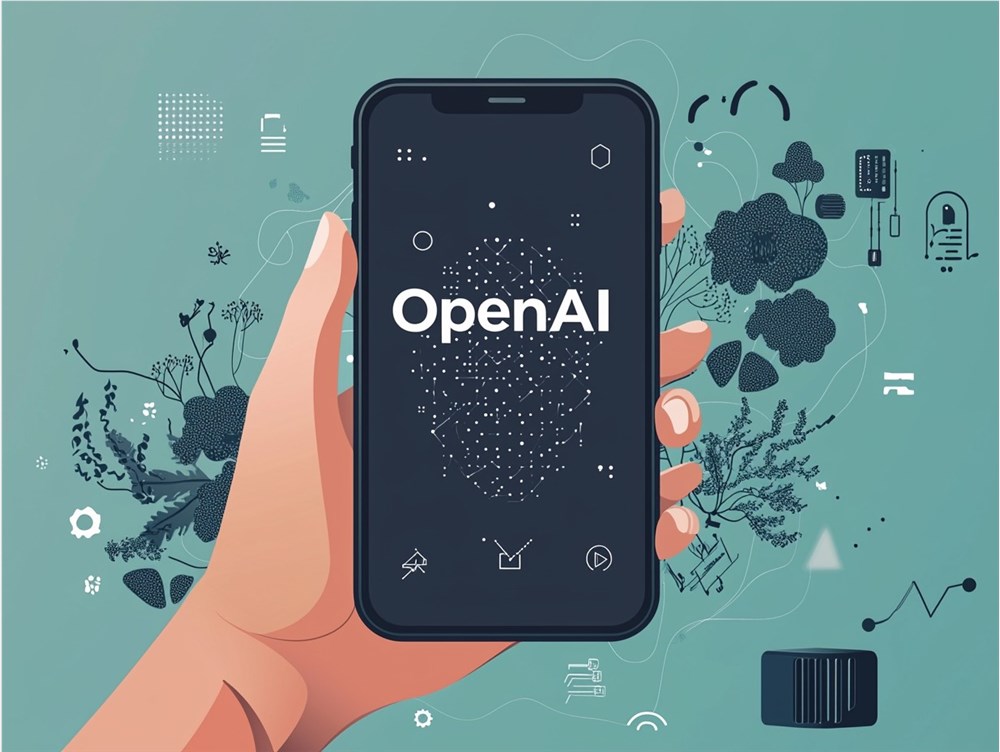Recently, OpenAI released a research report on its latest inference model o3, showing the significant advancement of large language models (LLMs) in the field of programming. The o3 model achieved a high score of 2724 on the famous programming platform CodeForces, ranking in the top 99.8% of the world, and performed extremely well. In addition, the model won a gold medal level in the 2024 International Olympics of Informatics (IOI), marking its outstanding ability in the programming competition.

Image source notes: The image is generated by AI, and the image authorized service provider Midjourney
Research shows that the o3 model performs in IOI competitions beyond the o1-ioi model specially fine-tuned for the event. This result reveals the enormous potential of reinforcement learning in the field of programming, suggesting that general models trained through reinforcement learning can go beyond domain-specific solutions for hand-design. In the IOI 2024 event, o3 successfully crossed the gold medal threshold under standard conditions, and at the same time ranked among the top 200 programmers in the world on the CodeForces platform, demonstrating its strength to compete with top human programmers.
Ethan Mollick, an associate professor at Wharton, said: “The universal reasoning capabilities developed through reinforcement learning have gone beyond well-designed domain-specific solutions. Rather than building a dedicated system for a specific task, it is better to use stronger The reasoning capability allows large general models to achieve better results. "This view emphasizes the advantages of general models in complex tasks, especially in areas where high inference capabilities are required.
This study is part of OpenAI's evaluation of its model's performance in competitive programming and the wider software engineering field. Meanwhile, another AI company, Anthropic, also released a report on the impact of AI on the workplace this Monday. The report notes that about 36% of occupations use AI in at least 25% of work tasks, while 57% of AI applications improve human capabilities and 43% focus on automation. Nevertheless, only 4% of occupations, AI is used for at least 75% of work tasks, indicating that there is still a lot of room for development for the application of AI in the workplace.
The report also points out that software development and technical writing are the main areas of AI applications, and that AI has a relatively small role in tasks involving physical interaction with the environment. This discovery reveals the differences in application of AI in different fields, and also provides direction for future technological development.
In summary, the excellent performance of the o3 model in CodeForces and IOI demonstrates the strong potential of reinforcement learning in the field of programming. At the same time, the widespread use of AI in the workplace, especially its outstanding performance in the fields of software development and technical writing, indicates that AI technology will continue to promote changes in all walks of life in the future.